|
Our most recent MCI Fellow Ayotomiwa Oludahunsi sat down with us to discuss her interest in male contraception and motivation in her work. This blog post shares highlights from that conversation.
0 Comments
Our most recent MCI fellow Stephany Strahle sat down with us to discuss her interest in male contraception and motivation in her work. This blog post shares highlights from that conversation
It has been one year since The U.S. Supreme Court ruled to overturn Roe v. Wade, restricting Americans’ reproductive freedoms in a way that has not been seen for generations. Following the Dobbs decision that ushered in this curtailment of reproductive rights, there has been fear and speculation about what further steps might be taken to restrict individual reproductive autonomy.
Our most recent MCI Youth Advisory Board member Meghana Reddy sat down with us to discuss her motivation in joining the board and her interest in male contraception. This blog post shares highlights from that conversation. In 2021, I decided that I wanted to start my own company focused on providing non-hormonal contraceptive options for women. Before starting my business, I created my own research protocol, and was able to interview over 50 individuals about the perspectives of contraception, sexually transmitted infections (STI)s, and the stigma surrounding sexual health. Because of the responses I received, I reached out to plenty of contraceptive pioneers, and was able to connect with Heather Vahdat, the Executive Director of Male Contraceptive Initiative (MCI). Through Heather, I was exposed to MCI's Youth Advisory Board (YAB), and decided it was the right fit for my interests and previous experiences. When I was conducting my personal research, I did not meet a lot of individuals that had an immense interest in contraception, until I met the individuals in the YAB. After joining the YAB in February 2021, I was able to learn more about new male birth control methods.
Support for young researchers is a key pillar of MCI’s mission. We find it so important that we have a variety of ways to get behind today’s brightest, including a fellowship program, internships, and our Trainee Success program. The Trainee Success program is one of our most versatile ways to help young researchers as it comes to meet students where they are. If they are in need of travel support, professional development, or other help, our Success Program can find a way to develop these young scientists in such a way that the future of male contraception is sustained for years to come.
Our most recent intern from North Carolina Central University Edward Morris sat down with us to discuss his motivation in joining the team and his interest in male contraception. This blog post shares highlights from that conversation. Hello, my name is Edward Morris, I am a Public Health Education student at North Carolina Central University. I am a non-traditional student who had a prior career in the United States Army as a Bradley Commander and a Chemical Operations Specialist. I served 2 tours in Operation Iraqi Freedom. I wanted to continue to serve the American people and advocate for better health for underserved communities.
Our most recent MCI Youth Advisory Board member Claudia Brewer sat down with us to discuss her motivation in joining the board and her interest in male contraception. This blog post shares highlights from that conversation. What do you study/what's your academic background?I’m pursuing a B.S. in Molecular, Cell, and Developmental Biology with a Minor in Society and Genetics at UCLA. My goal in college is to gain a deep understanding of human health, from the complex molecular mechanisms underlying disease to the broader social and political implications of the latest bioengineering technologies. Most of my background is in biological research and healthcare. Most recently, I conducted research on a pathogenic protein associated with Alzheimer’s and other neurodegenerative diseases at the UCSB Neuroscience Research Institute. I currently serve as a scribe for a primary care physician at UCLA Health.
Understanding people’s perspectives around male contraception helps guide our work at MCI. Sharing them is a privilege as well as a mandate: it’s of strategic importance to us to facilitate and broadcast the interest for male methods in an effort to present the undeniable market demand for them. Normally this is done through the lens of our grantees, fellows, research community, or even the general public. But lately, we’ve been endeavoring to share the views of MCI’s staff as well. In that spirit, this is a conversation with our Communications & Marketing Director Kevin Shane in which he shares his thoughts about male contraception as well as his interest in working with MCI.
Oleksandr “Sasha” Kirsanov is a PhD candidate in the Geyer laboratory at East Carolina University’s Brody School of Medicine. His work is focused on defining the mechanisms underlying spermatogonial differentiation and meiotic initiation. In this blog post, Sasha shares about his work in the field of contraception, what he hopes to learn as an MCI fellow, and the future outlook of male contraception.
Continuing our series sharing the thoughts and perspectives MCI staff has on male contraception, we sat down with our Program Coordinator Jaylan Weaver to hear his thoughts. Jaylan initially joined MCI as an undergraduate fellow, so he brings a unique perspective to a topic that means so much to all of us. In this post, he shares his motivations for working at Male Contraceptive Initiative as well as his thoughts about male contraception.
Saman Nayyab is a PhD student at the University of Massachusetts Amherst in Dr. Pablo Visconti's Lab. She is interested in the field of reproduction--regardless if it is studying the male aspect or the female aspect--and believes there is much to uncover in this field. In this blog post, Saman shares about her work in the field of contraception, what she hopes to learn as an MCI fellow, and the future outlook of male contraception.
We continue sharing thoughts and perspectives from MCI staff members with this conversation with our Advocacy Strategist Kathryn Carpenter. Kathryn initially joined MCI as a Fellow from the UNC Gillings School of Public Health and now champions many of our advocacy efforts including the creation and management of MCI’s Youth Advisory Board. In this post, she shares her motivations for working at Male Contraceptive Initiative as well as her thoughts about male contraception.
Md Abdullah Al Noman is a PhD candidate in the Department of Medicinal Chemistry at the University of Minnesota. He has been working with MCI grantee Dr. Gunda Georg, on the development of male contraceptive agents. He was named as one of MCI’s 2020 predoctoral fellows and in this blog post he shares what he hopes to learn as a fellow and discusses the challenges in the field of male contraception
As we have been sharing in previous posts, sharing people’s perspectives and opinions about male contraception is an integral part of MCI’s outreach efforts. In an effort to continue sharing the thoughts and perspectives MCI staff has on the topic, we sat down and spoke with our Communications Strategist, Nica Daria. In this post, she shares her motivations for working at Male Contraceptive Initiative as well as her thoughts about male contraception.
We sat with the Intended showrunners to get a behind the scenes look at the creative journey of producing this science-based dialogue all about the past, present, and future of male contraception. Here’s a Q&A with our own Heather Vahdat, Logan Nickels, and Kevin Shane.
As we shared in a previous post, gathering and sharing people’s perspectives and opinions about male contraception is a key advocacy effort of MCI’s. Though we often try to gather these perspectives from the public, we also wanted to share some of the perspectives MCI staff has on male contraception. In this post, we share our conversation with Executive Director Heather Vahdat as she talks about her motivations for working at Male Contraceptive Initiative as well as her thoughts about male contraception.
Gathering and sharing the perspectives and opinions about male contraception is a key mandate of MCI’s. Through this, we are able to present a collective voice in illustrating the interest in and demand for new methods of male contraception. By extension, this allows us to dispel some of the misconceptions about the field that persist. This includes investigating topics that do not garner as much attention as others, such as men’s attitudes and experiences with unintended pregnancy and the contraceptive needs of the LGBTQ+ community.
Ed Gillis is the CEO of Revolution Contraceptives. The company is currently working on Vasalgel, a device being developed as a long-acting, non-hormonal contraceptive intended to be reversible. He is an entrepreneur and senior level executive with proven success in early and mid-stage fundraising, OUS clinical trials, research and development and clinical manufacturing of products in early stage companies.
Dr. Wei Yan is University of Nevada, Reno Foundation Professor and Director of Single Cell Genomics & Genome Editing Core Labs at the University of Nevada, Reno School of Medicine. His lab works on genetics and epigenetics of gametogenesis, and epigenetic contribution of gametes to fertilization, early embryonic development and adulthood health. Dr. Yan has published >130 peer-reviewed research articles and book chapters with >6,800 citations (as of April 2019). He is the recipient of the 2009 Society for the Study of Reproduction (SSR) Young Investigator Award, the 2012 American Society of Andrology (ASA) Young Andrologist Award, the 2013 Nevada Healthcare Hero Award for Research and Technology, the 2017 University of Nevada, Reno Outstanding Researcher Award, and the 2018 SSR Research Award. In May 2016, Dr. Yan was named the University of Nevada, Reno Foundation Professor, the highest honor the University bestows upon its faculty. In November 2017, Dr. Yan was elected as a Fellow of the American Association for the Advancement of Science (AAAS). Dr. Yan serves as co-Editor-in-Chief of Biology of Reproduction, the official journal of the SSR. For more information please visit the Yan lab website: www.weiyanlab.com.
Dr. Sab Ventura obtained his PhD in Pharmacology from Monash University (Melbourne, Australia) in 1992 and has held research positions at the Royal Melbourne Hospital, University of Melbourne, University College London (UK), and Monash University. He was appointed as a Senior Lecturer (Teaching & Research) at Monash University in 2004 and maintains this position in the Drug Discovery Biology Theme of the Monash Institute of Pharmaceutical Sciences at Monash University’s Parkville Campus. Dr. Ventura teaches undergraduate Pharmacy and Pharmaceutical Science students and is the Head of the Male Reproductive Pharmacology Research Lab. He has co-authored 79 peer reviewed publications and his research investigates the physiology and pharmacology of male reproductive organs with a view to identifying novel therapeutic targets for male contraception.
Dr. Patricia S. Cuasnicu is a Senior Scientific Researcher from the National Research Council (CONICET) at Argentina’s Instituto de Biologia y Medicina Experimental (IBYME-CONICET) in Buenos Aires. MCI awarded Dr. Cuasnicu with a $150,000 seed grant in 2018 to aid in the continuation of her work.
|
Categories
All
Archives
June 2024
|
|
|
Donate to Male Contraceptive InitiativeYour generous donation makes a difference!
|
© Male Contraceptive Initiative. All rights reserved.

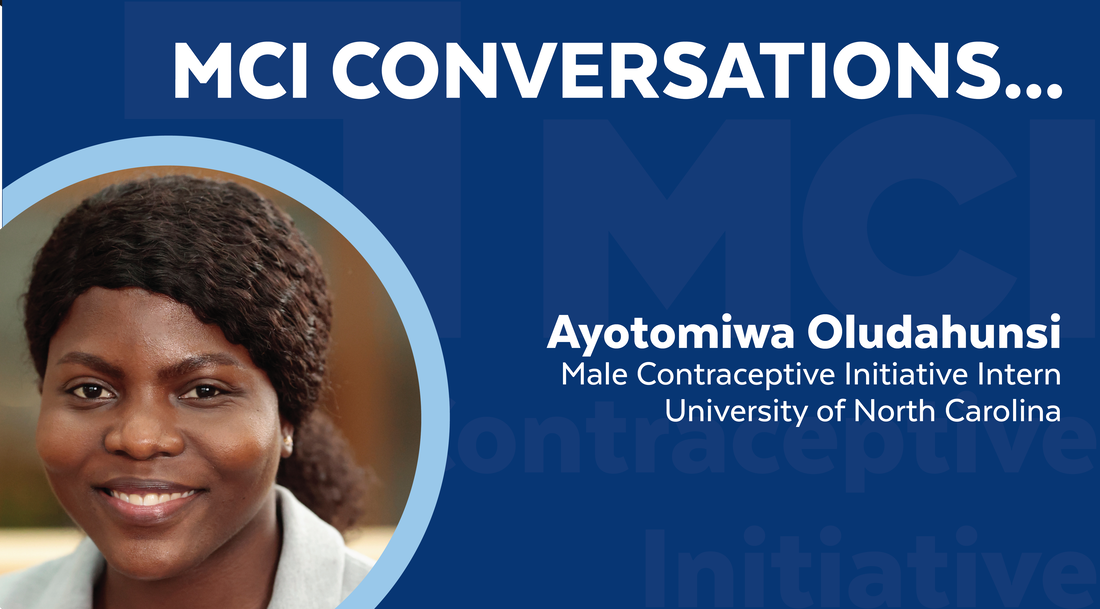
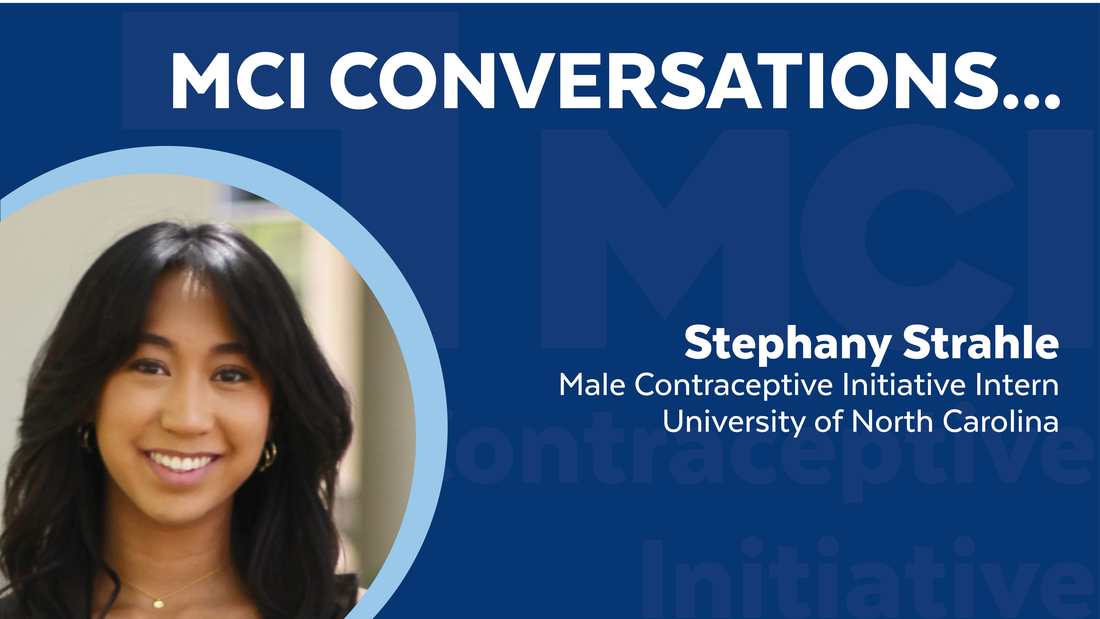


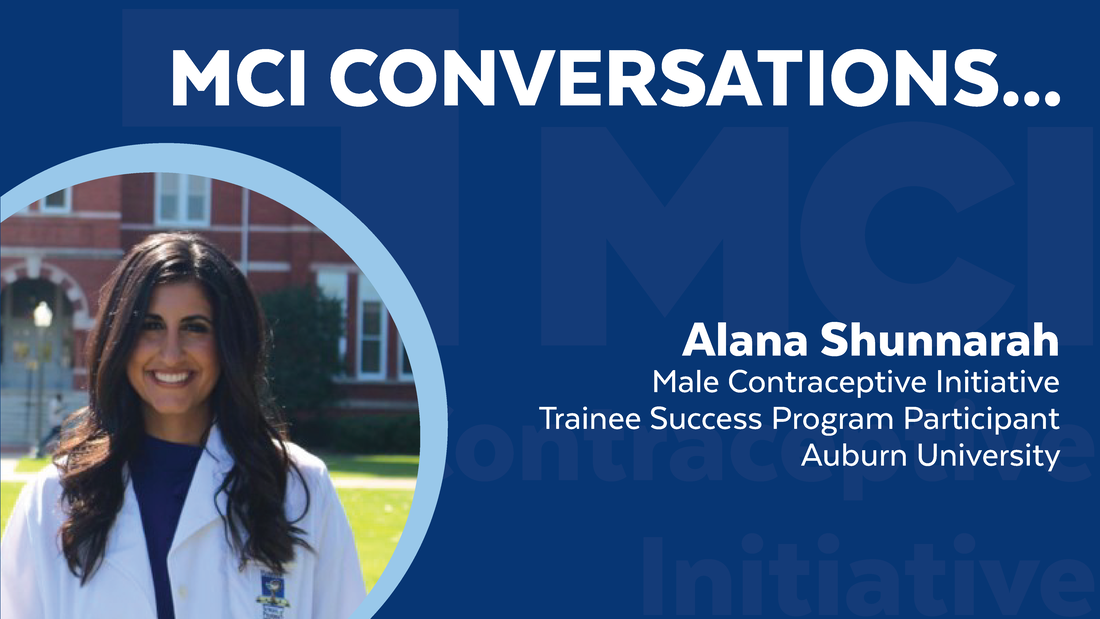
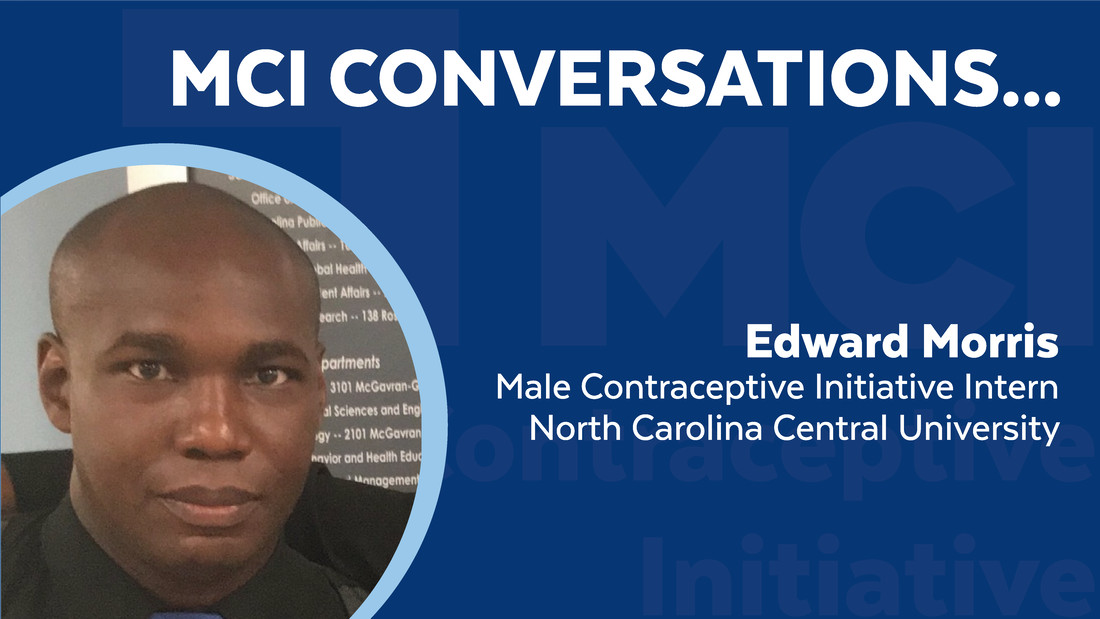
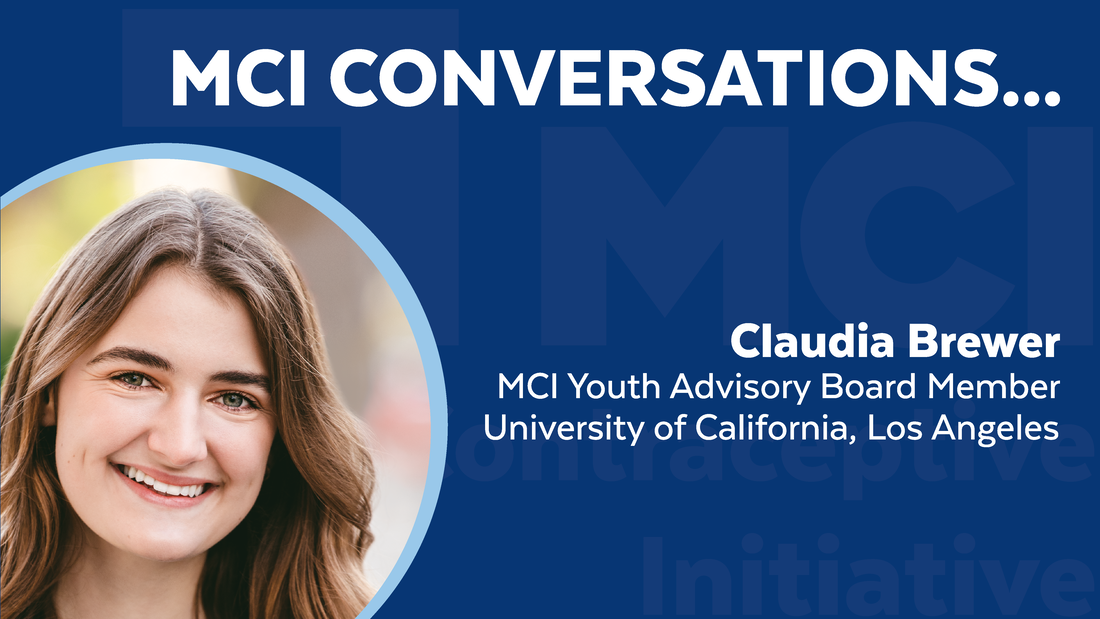
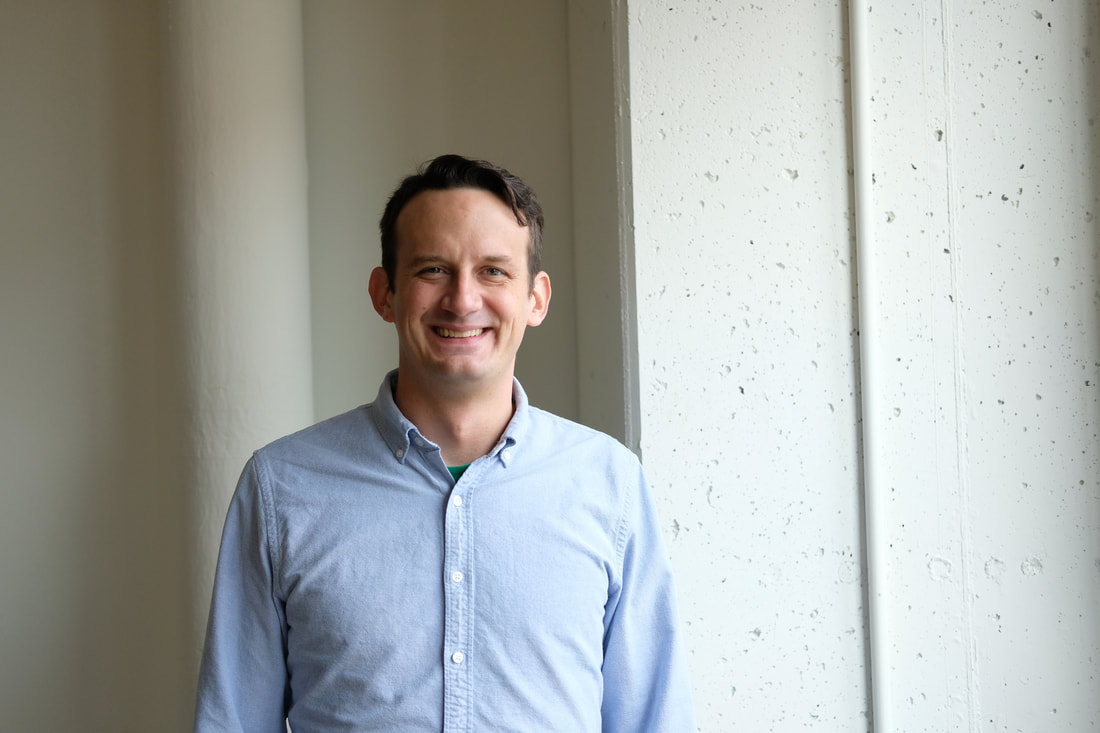
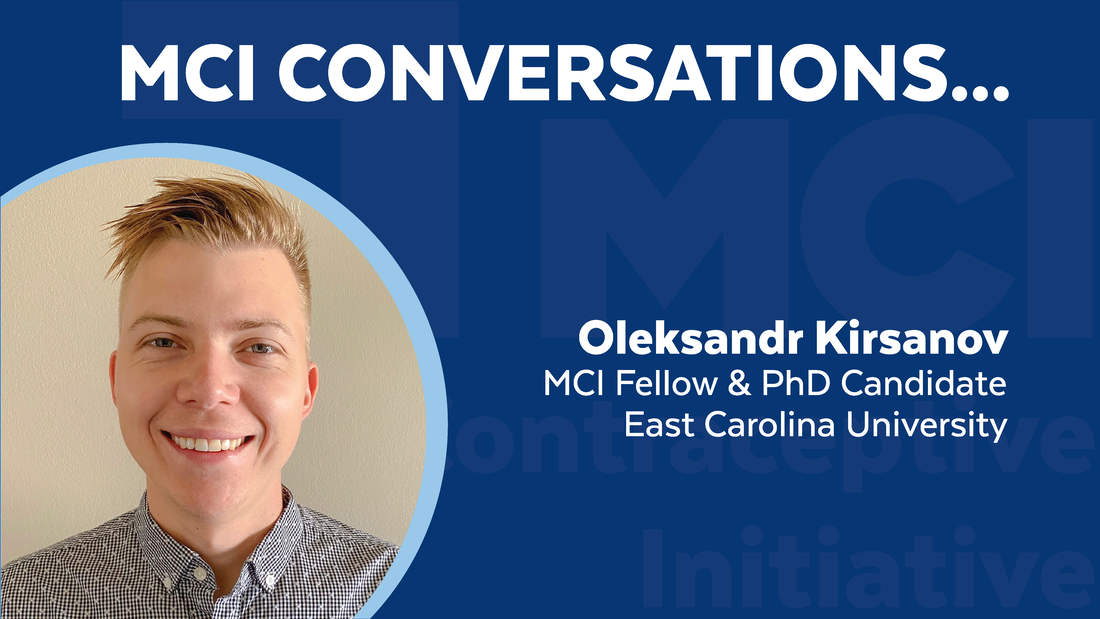

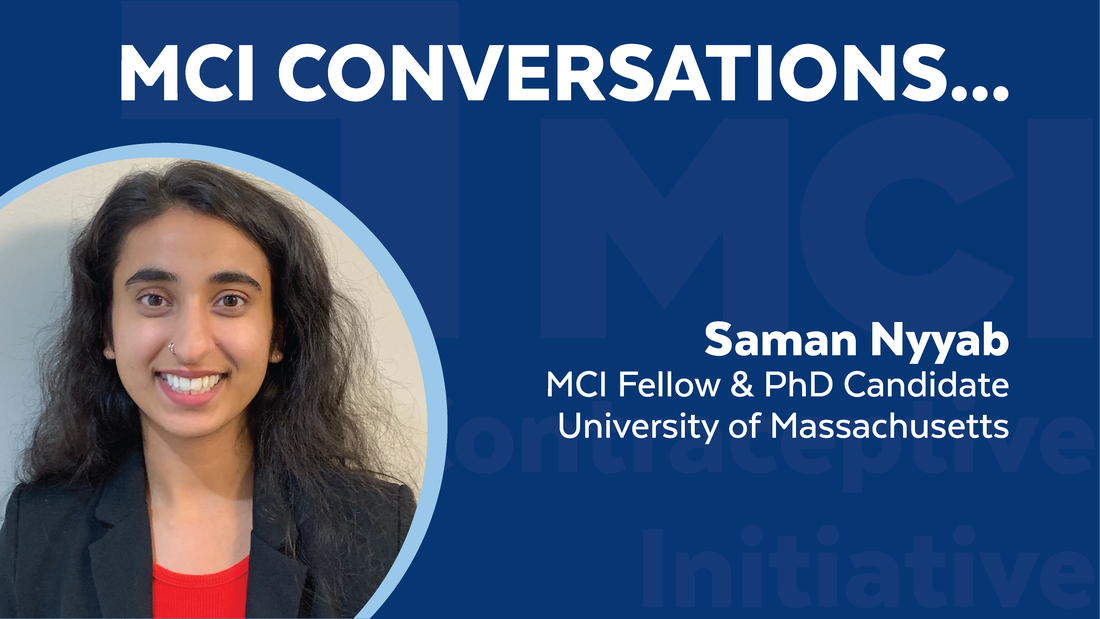
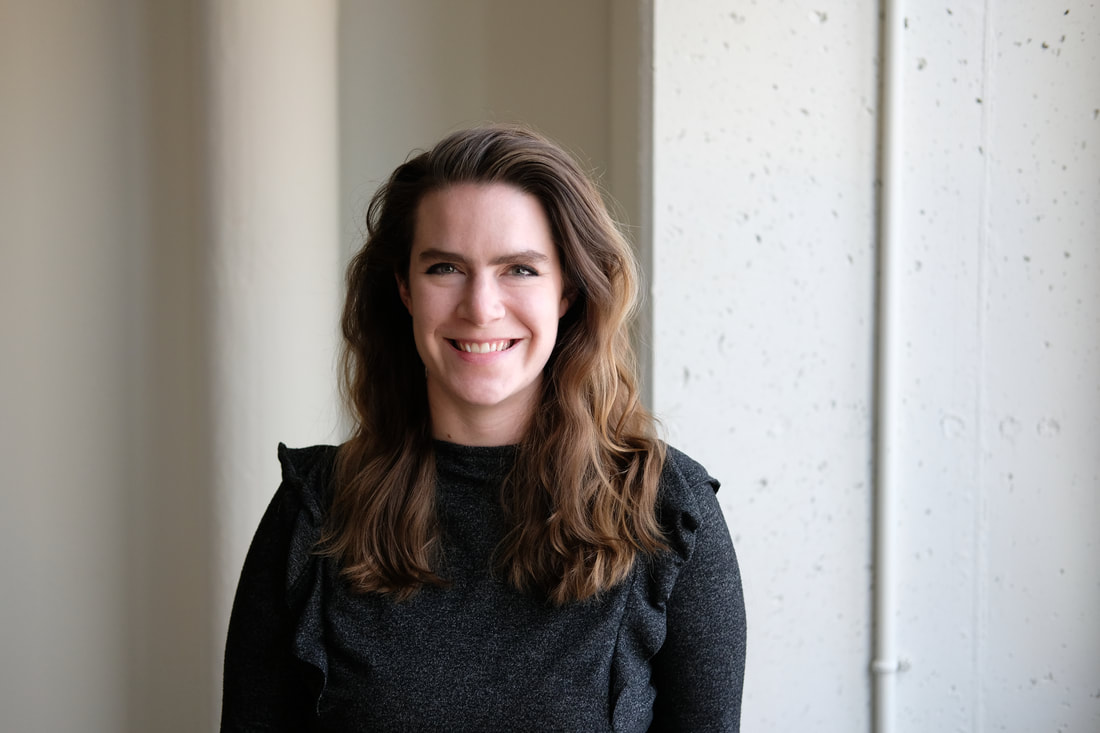
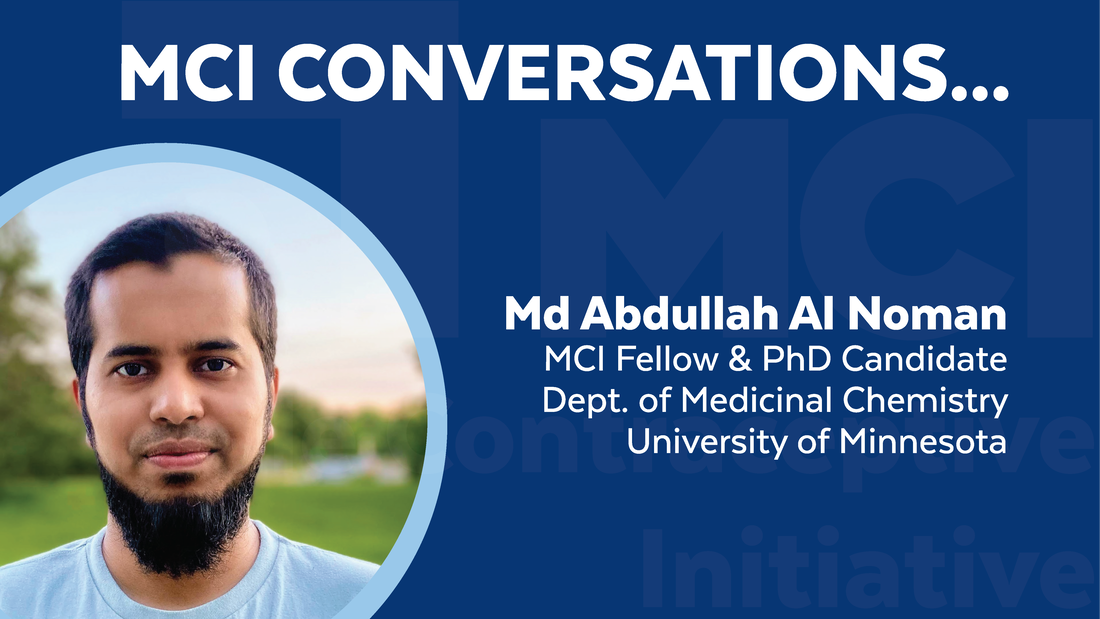

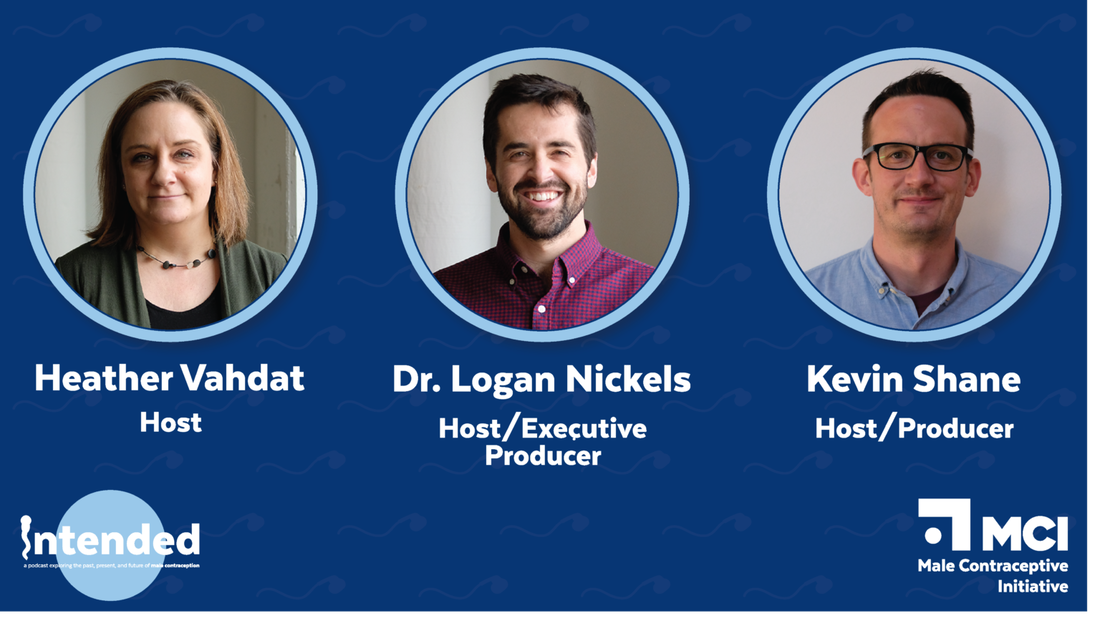


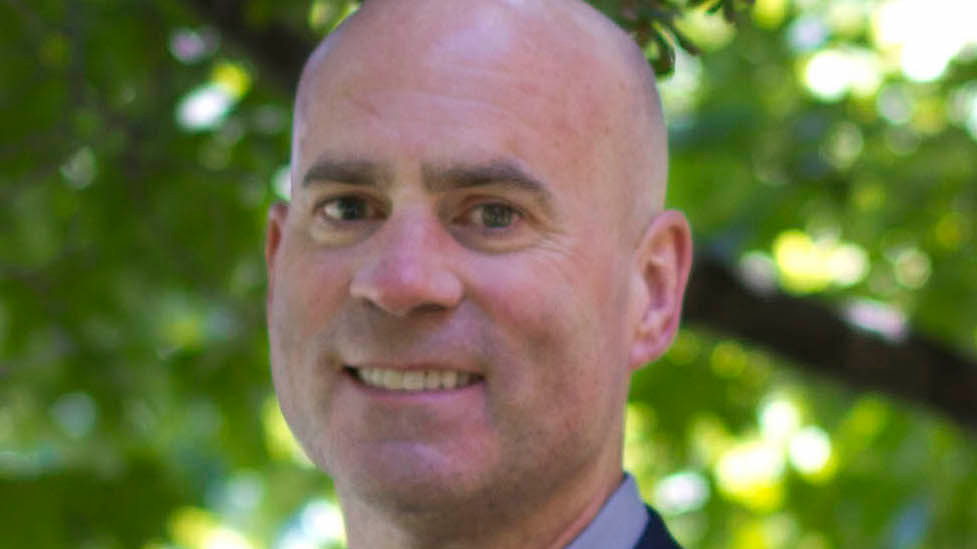

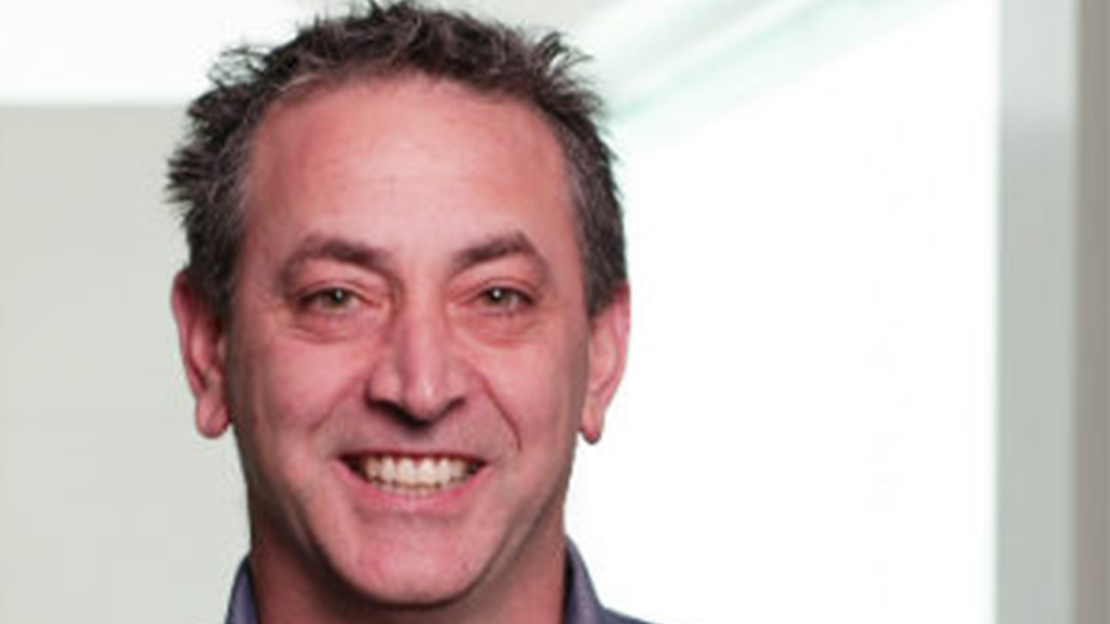
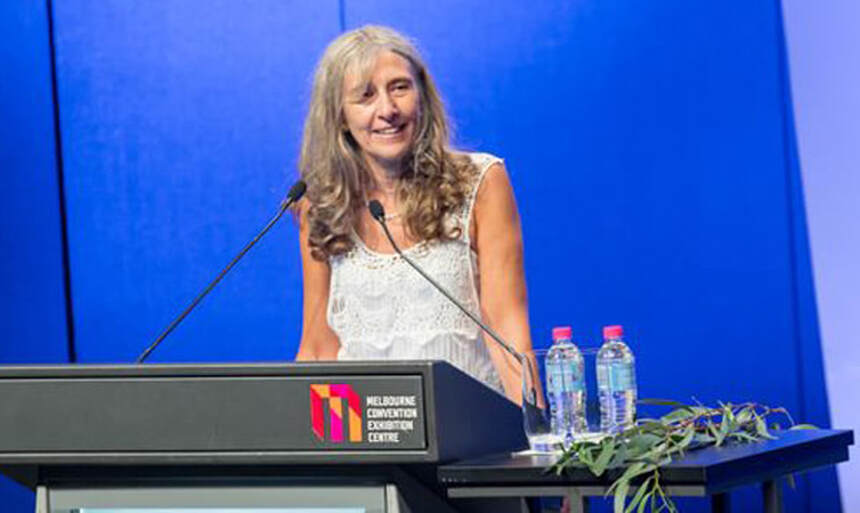
 RSS Feed
RSS Feed
